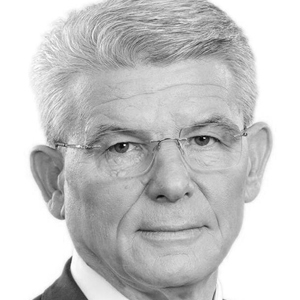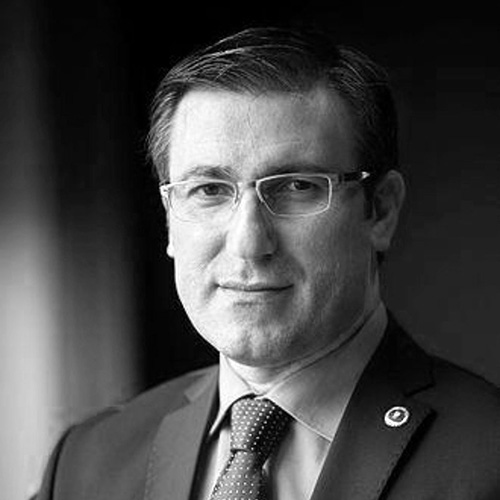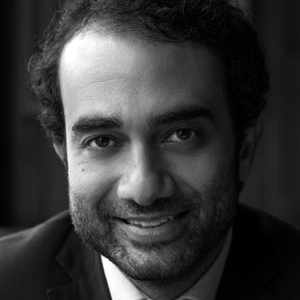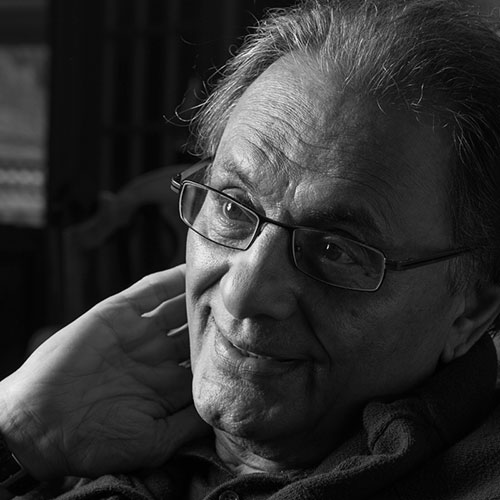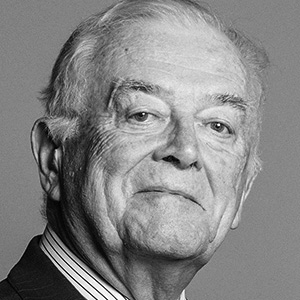In the aftermath of the 9/11 terror attacks, governments around the world hastily introduced counter-terrorism and counter-extremism measures. Focused almost exclusively on Muslims and Islam, hostile acts, extremist ideology and politics of others, such as the far-right, were mostly ignored by the counter-terrorism frameworks adopted in Western states, despite the clear rise in white supremacy and far-right extremism online. The so-called ‘dark web’ – a largely ungoverned space where armed groups and extremists share propaganda – has provided a space for these ideas to proliferate. The rise of these various extremisms has underlined the presence of ideological currents that support anti-Muslim, anti-immigrant, anti-Semitic, and antiglobalist feelings. Terror-attacks ranging from the mass-shooting at the Tree of Life Synagogue in Pittsburgh, Pennsylvania to the March 2019 attacks against mosques in Christchurch, New Zealand have clear links to a far-right ideology connected with the rise of populism and based on notions of ethno-European supremacy. At the same time, it has become clear that the elements of the discourse espoused by the far-right have been increasingly embedded within political structures and media in the West and elsewhere – thereby influencing public discourse on Islam as well as the shape of both foreign and security policies.
Discussion Themes
This session intends to discuss the following:
• What steps can be taken nationally and internationally to address the threat of far-right extremism and terrorism?
• How has the media narrative regarding Islam and terrorism influenced public and political discourse?
• What lessons can be learned from approaches to counter-terrorism in the post-9/11 period with regards to combating far-right extremism?
• Is it necessary for the world to form another international coalition to fight against this form of extremism?
• What lies behind the normalisation of far-right extremist ideas and opinions and how can they be effectively countered?
